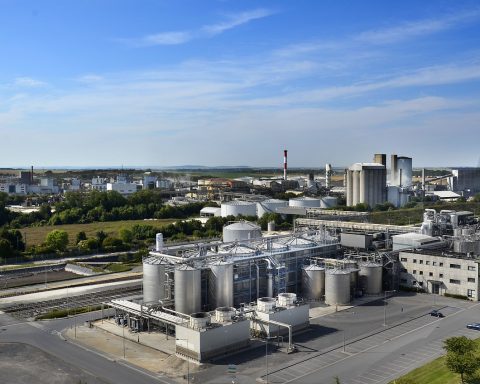The primary role of pharmaceutical companies in the medical field comprises of developing, researching, improving, manufacturing, and distributing medicines.
Starting from attending to sick people, pharmaceutical field also is one of the most profitable industries in the world of business. They dominated the production of vitamins, allergens, injectable medicines, beauty enhancer medicines, and the like.
They have such a wide market, from infants to the elderly. However, reaching to a worldwide market comes with it a lot of hindrances.
In this article, we will go through some of the bottlenecks pharmaceutical companies go through when attempting to expand overseas.
- Fluctuating Economy
Aside from ensuring that they are able to reach out to their chosen market, pharmaceutical companies also need to ensure the profitability of their company overseas.
The dwindling economy greatly affected their expansion, since it taps the wage rate, interest rate, inflation rate, and so on. These leave the pharmaceutical companies to be discouraged from doing an expansion overseas.
- Government and Security
Policies regarding the use of medicine vary worldwide, and this is mostly because some countries do not have the capability to regulate the use of some dangerous drugs or access to medicine is simply scarce.
A lot of pharmaceutical companies who wants to legally operate not only go through the bureaucratic red tape. In most cases they have to bribe government officials to be able to get everybody’s approval as they implement or introduce new vaccines to the country.
Moreover, despite of the growing demands of medication for the past years, the profit of the pharmaceutical companies are largely controlled. The reason is, governments are buying their medicines to stabilize the pricing for the masses to afford them.
- Legal Issues
As mentioned earlier, regulations regarding the use and distribution of drugs vary from country to country, and pharmaceutical companies need to consider these legal factors thoroughly before they set out to build a foreign entity.
Since they are in the medical field, the standing order tends to be stricter compared to other types of businesses.
On the other hand, countries who give high importance on consumer rights, abuse their freedom to file petitions and lawsuits to exact monetary compensation from pharmaceutical companies.
- Hiring People
Communication is a necessity when it comes to building a business. Aside from geographical boundaries, language differences can delay the process of expansion. Hiring translators from the medical field to ensure the translation is done correctly can be a tedious process, especially if you’re expanding in a place like Europe where there are 23 official languages.
Marketing and advertising your company can be easily outsourced through reputable marketing agencies, but large-scale hiring for translators, local accountants, clerks, and sales agents can be done effectively with Professional Employer Organizations or PEO or employee leasing from staffing companies.
Finding the right people for the job in Europe, for example, can be very tricky. The qualifications, employment processes, laws, and expectations are very different than those in the US or other continents like Australia or Asia. For example, in Europe, there’s the European health insurance card (EHIC). In Australia, there’s the Medicare Card, while in the US there are the FSA, HAS and HRA health cards. Most companies these days offer health insurance as part of the salary package is it’s very important to have a clear understanding, to attract the best talent.
- Generic Medicine Bombing
A massive flow in the market of less expensive drugs or generic drugs holds up the expansion of a lot of pharmaceutical companies overseas, especially in underdeveloped countries.
The lack of regularization in producing generic medicine in the market makes the price of the medicines of established pharmaceutical companies to drop, affecting their sales and profit.
- Inability To Reach More People
Pharmaceutical companies do intensive research of the place they’ve chosen to break into, including its demographic and geographic landscape. The lack of access to roads, especially in developing countries makes it more difficult for pharmaceutical companies to expand and reach more people. This results to drop of sales and eventually, fall of stock value.
- Lack of New and Effective Medicine
In the pharmaceutical field, having no new medicine is a taboo. Failure to generate an effective drug may give way to a company’s drop of stocks value, like what happened with Pfizer with their failure in bococizumab that postponed a €400 million expansion of its Grange Castle plant in Dublin.
- Competition
A lot of new local pharmaceutical companies are shooting up right now. And since they have their manufacturing plants right within the country, they don’t have additional shipping and handling costs that normally goes with the price of medicines from foreign companies.
Well, this is a good thing for us consumers, but for pharmaceutical companies that are aiming for expansion, this is a major setback.







